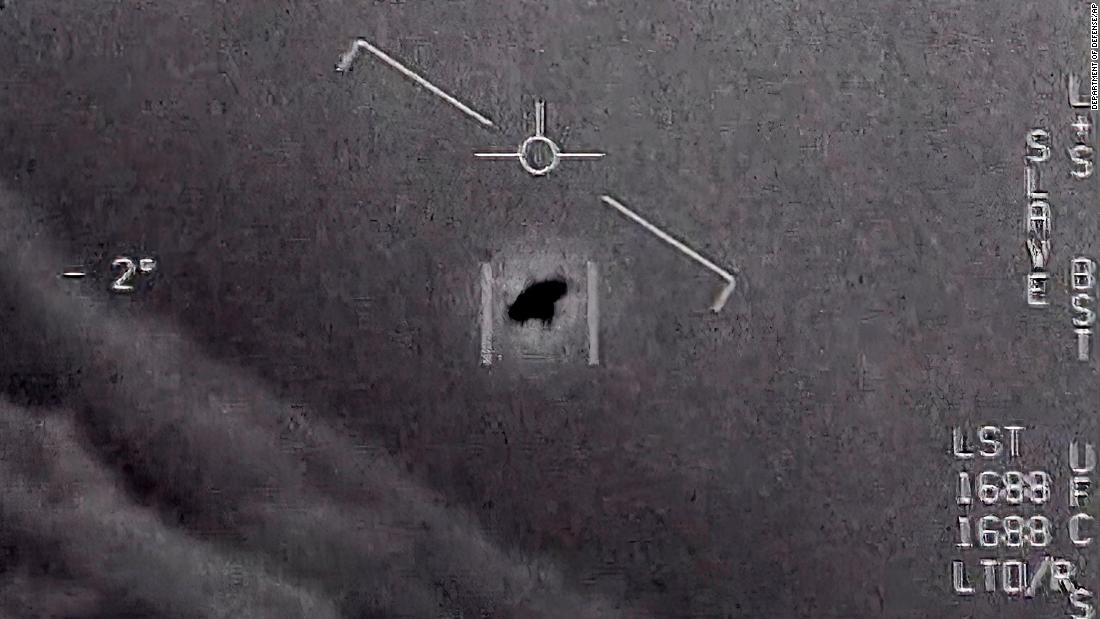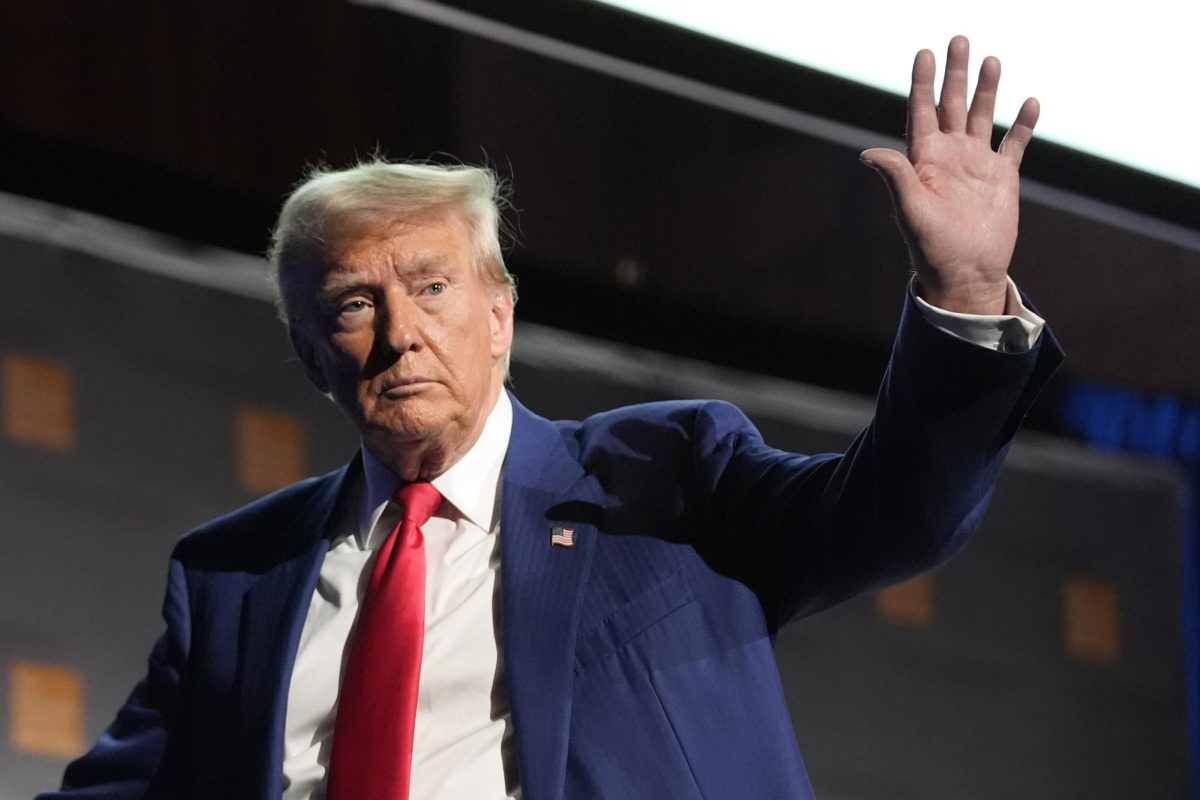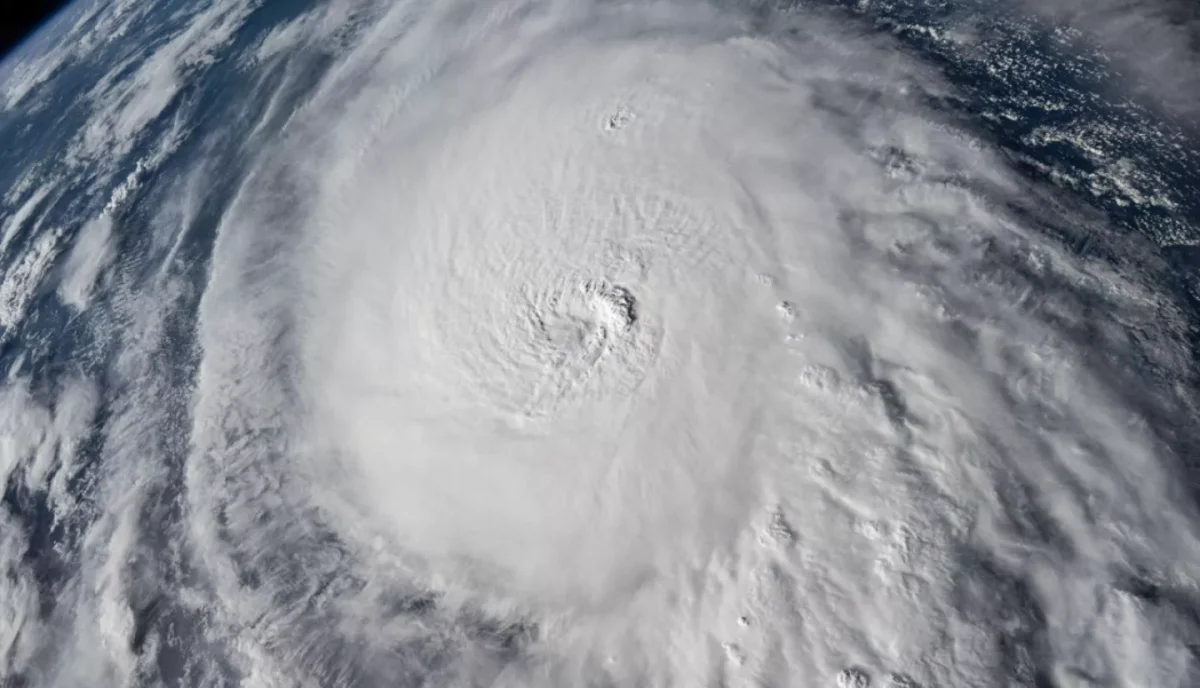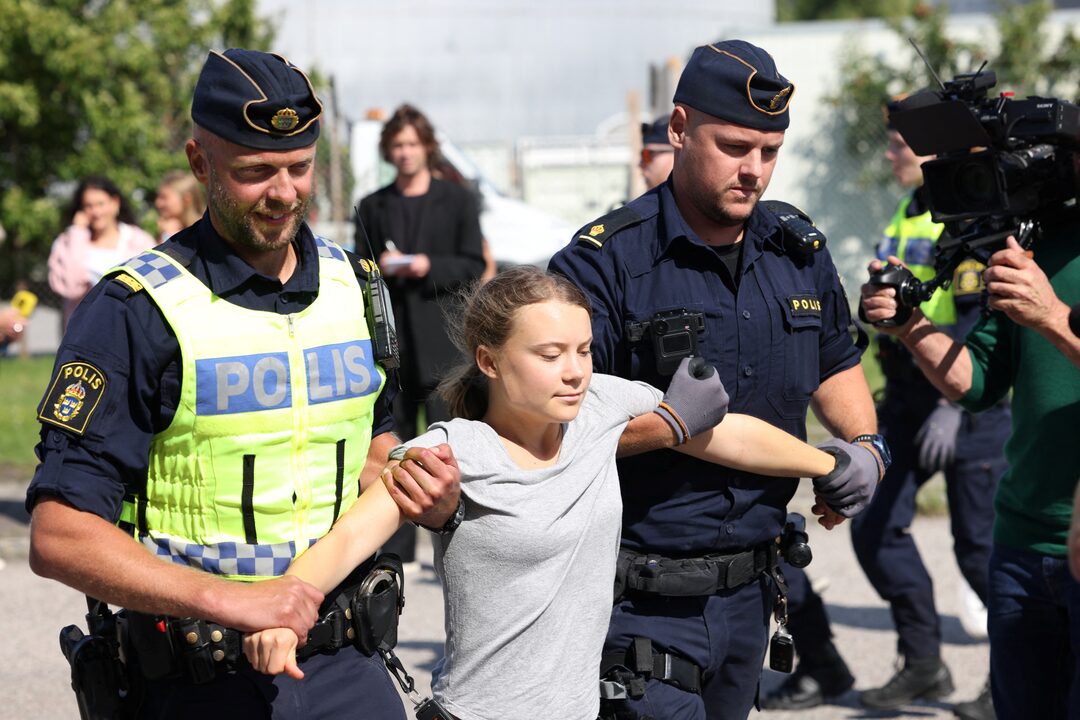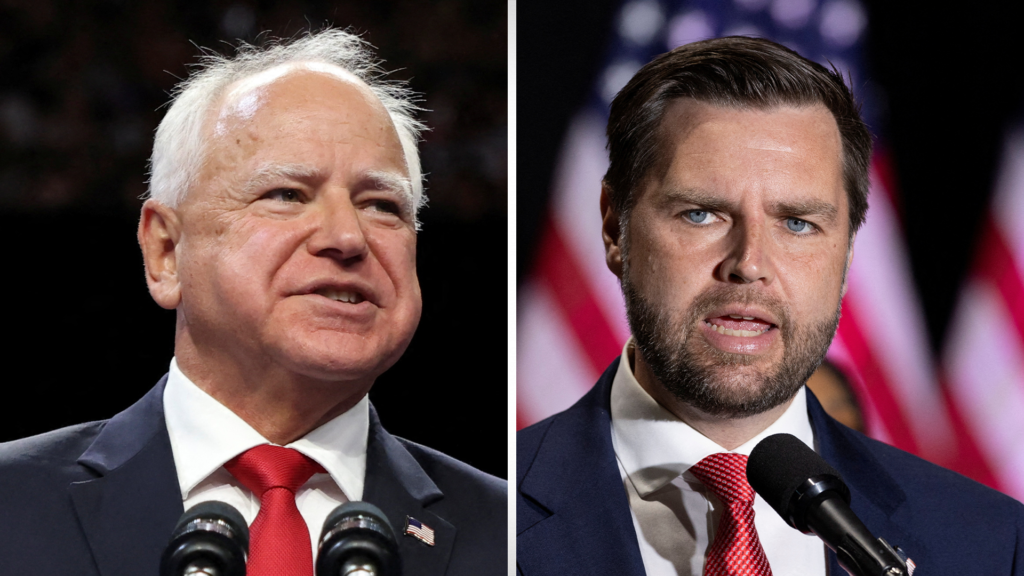The political landscape in the United States is more important than anything else currently. With the Democratic Party candidate being Vice President Kamala Harris and the Republican Party candidate being
former president Donald Trump, voters are currently stuck on a decision- Who will they vote for this November?
Although polls are suggesting this to be a competitive race, they aren’t confirming the actual results. The electorate still remains undecided.
Even though undecided voters only make up between 2%-5% of the electorate votes, the fraction is still significant. Recent data from a USA TODAY/Suffolk University, a national poll reveals that the fraction is still significant when considering those who lean towards third-party candidates.
8% of voters fall into this category, which separates Harris and Trump in multiple polls. This insight emphasizes the potential for undecided voters to swing the election in one direction or another.
Voter indecision comes from reasons that are complex and have many levels to them. For many first time voters, the lack of familiarity with candidates policies and positions can make them have second thoughts.
For those voting for Harris, voters have expressed their opinions and thoughts on their lack of confidence in supporting her. On the other hand, voters are hesitant with Trump as well. Having no lack in knowledge on him, voters take into consideration the choices Trump has made and the controversies/scandals he’s been involved in while out of office.
The reasons for voter indecision are complex and multifaceted. For many, the lack of familiarity with a candidate’s policies and positions can create hesitation. In the case of Harris, some undecided voters have
expressed concerns about knowing enough to feel confident in supporting her.
On the other hand, many voters are wary of Trump, feeling that they already know too much about him—often due to the controversies and scandals that have surrounded his previous term in office. This paradox of indecision underscores the emotional and psychological factors influencing voter behavior in the current political climate.
With election day quickly approaching, the stakes are becoming even more clear each day. Early voting has surged within the recent weeks, with Georgia, a swing state, having over 3 million ballots already casted. The level of engagement has suggested that voters are interested in being a part of this year’s election, introducing a component of unpredictability that could alter the race’s results.
The polls are indicating that both candidates are close to each other, with surveys showing there’s only a small percentage separating the two. This amplifies the importance of the uncertainty within voters- where every vote counts to break the tie. Those who still haven’t voted have the power to shape the future of America by casting their ballots in.
While the election focuses on the two major candidates, it’s important to understand the impact third-party candidates have on the election this year. Throughout history third-party candidates have had an impact on the election by deciding the final outcome of the election, making this dynamic impactful this year.
Third-party candidates this year can draw voters away from the two major candidates, making the election a lot more complicated and intense. For voters who want an alternative to the current party’s ideas, third-party candidates might appeal to the voters even more from a desire for new ideas.
Harris’s campaign’s key focus is on engaging with young voters, specifically Generation Z, also known as Gen-Z. These voters face a unique set of challenges, including climate change, gun violence, and social justice issues that are particularly relevant to their everyday lives. Harris has been doing a successful job at appealing the younger voters.
As the clock ticks down, the question still remains: how will undecided voters make their choice? The engagement of young voters, the potential impact of third-party candidates, and the overall indecision all play crucial roles in shaping the final election outcome.
Voting is an important way to demonstrate civic responsibility and empowerment in an era of widespread political indifference. It is important to go out and vote. Desert Oasis will be a voting site on November 5. Find other polls near you at https://www.vote.org/polling-place-locator/. Even if you’re not of age to vote, those who are 17 are eligible to pre-register to vote at https://www.nvsos.gov/sos/elections/voters/registering-to-vote. Go use your voice and vote!




